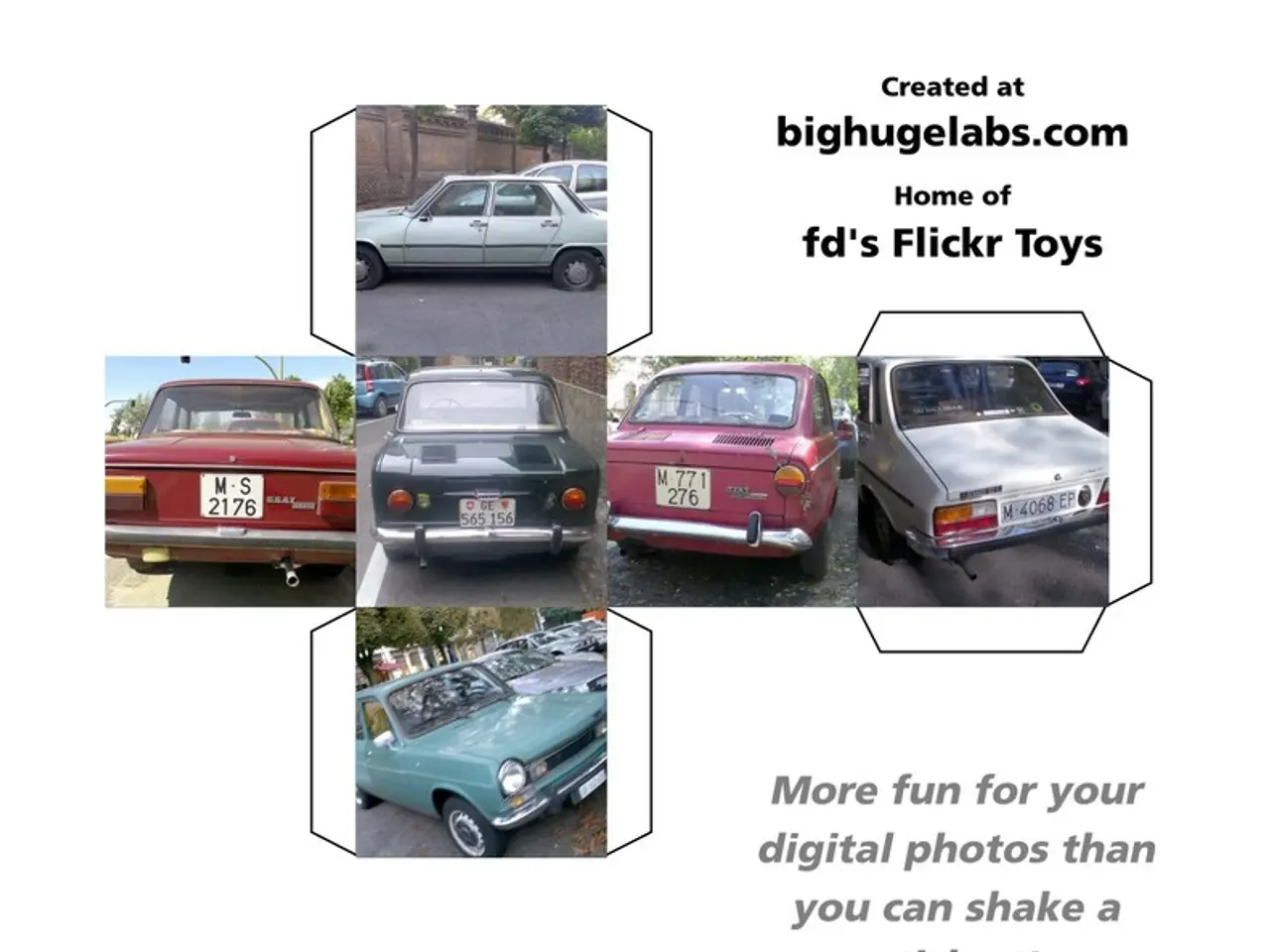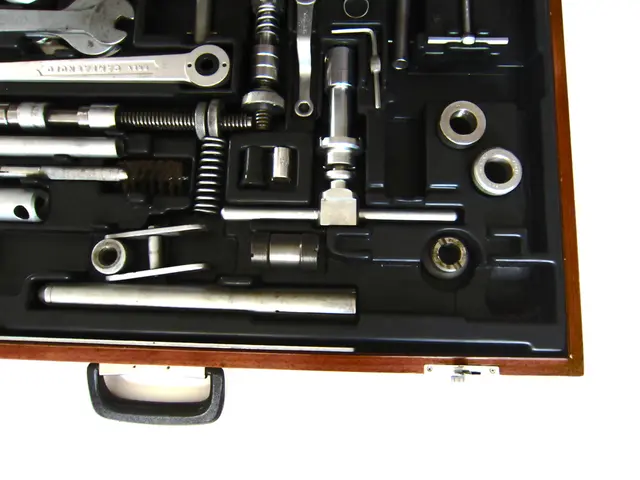Investment in Foreign Countries Decreases to $1.3 Trillion in 2023, with Africa's Contribution Reaching $53 Billion
In the global investment landscape, Africa continues to attract significant attention, particularly in the realm of renewable energy and green hydrogen projects.
According to recent reports, African investors lead 20% of projects in services and selected manufacturing sectors. However, contributions in resource-based industries are lower, standing at 13%. This dichotomy suggests a growing interest in sustainable and technology-driven industries across the continent.
One such area of focus is green hydrogen and green ammonia/hydrogen projects. In 2022 and 2023, significant developments have been reported in South Africa, Namibia, and Tunisia. South Africa and Namibia are involved in major projects for green hydrogen production with export ambitions, including the Hyphen project in Namibia under German involvement. Tunisia, on the other hand, is developing large renewable energy projects coupled with hydrogen production, aiming to start production around 2027/2028.
The LEAP-RE partnership, for 2024, is focusing on research and development of green hydrogen technologies in various African countries, with an emphasis on solutions like natural hydrogen and solar autonomous charging stations.
South Africa is home to three energy producers with green hydrogen projects totalling $7.1 billion. Meanwhile, Nigeria's Foreign Direct Investment (FDI) increased substantially, reaching $1.87 billion in 2023, up from $895 million in the previous year.
However, FDI flows into developing countries decreased by 7% to $867 billion in 2023, primarily due to an 8% decline in developing Asia. Despite this overall decline, the number of greenfield projects in Africa increased by 15% in 2023, with over 800 projects announced.
The African Continental Free Trade Agreement (AfCFTA) Investment Protocol, adopted in 2023, is expected to boost intraregional foreign direct investment (FDI). This agreement could potentially foster a more integrated and investment-friendly environment within the continent.
Investments in Africa's renewable energy sector are not limited to green hydrogen. In 2023, Africa secured $10.8 billion in project finance for wind and solar energy projects, with major initiatives located primarily in Egypt, South Africa, and Zimbabwe.
Morocco has also attracted substantial investments in the green hydrogen sector, making it another key player in Africa's renewable energy landscape. Meanwhile, Egypt is home to significant green ammonia and hydrogen ventures worth $10.8 billion.
A notable development is the $34 billion green hydrogen project underway in Mauritania. Despite a general decline in project finance worldwide, Africa remains a key destination, although the value of such deals dropped by 50% in 2023 to $64 billion.
In conclusion, while global foreign direct investment saw a slight 2% decline to $1.3 trillion in 2023, Africa's FDI inflows decreased by 3% to $53 billion. However, the increase in greenfield projects and the focus on renewable energy projects suggest a promising future for sustainable development in Africa. The adoption of the AfCFTA Investment Protocol could further boost these trends, making Africa an increasingly attractive destination for green energy investments.








